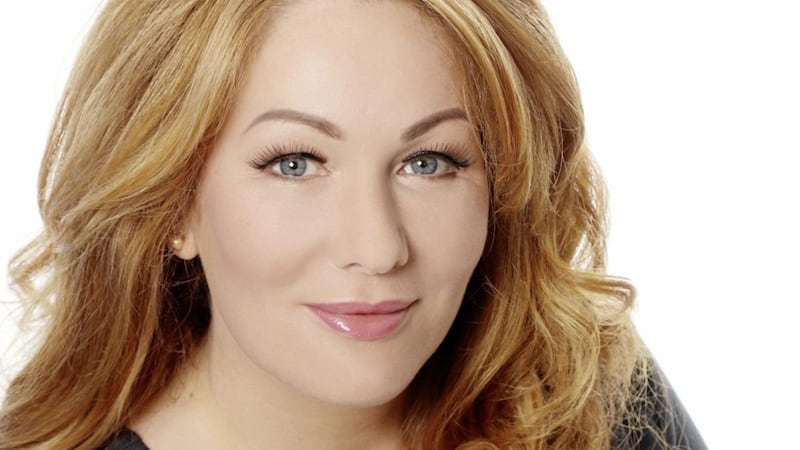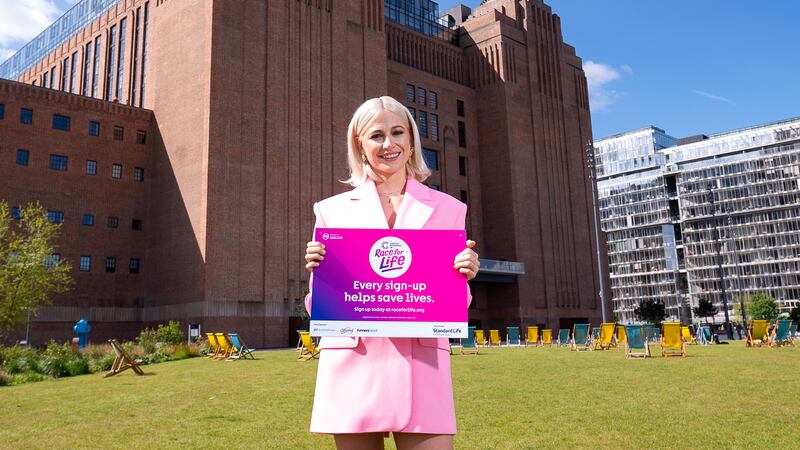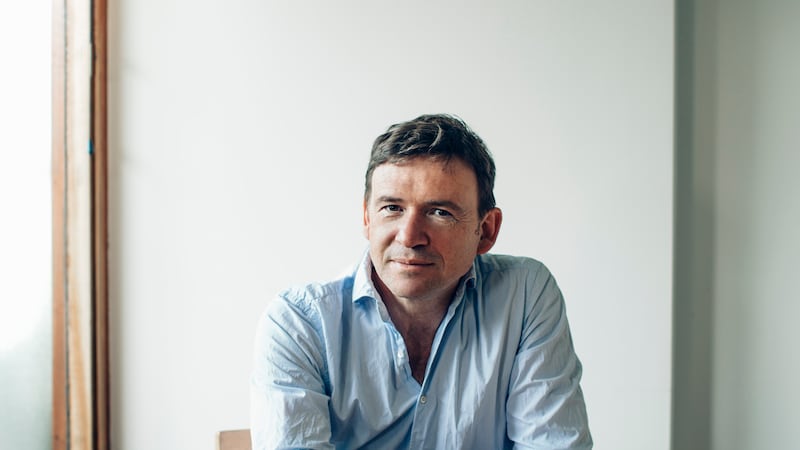"STICKS and stones may break my bones, but an eye in my lunch is, at worst, northing more than a choking hazard.": An inmate who used the shock tactic of popping his glass eye into Kerry Daynes' bowl of tomato soup is just one of the many colourful characters the forensic psychologist has encountered during her varied career.
Having worked with some of the most complex and challenging murderers, rapists and child molesters, as well as the victims of crime, Daynes' job has taken her to maximum-security prisons, police interview rooms and the wards of secure hospitals.
Her book, The Dark Side of The Mind, recounts the cases that have shaped her 20-year career and also impacted her as a human being. She qualified as a forensic psychologist in 1995, not long after the James Bulger murder case.
Although she said she "wanted to create a world with fewer victims", the reality of the job and the restraints of the justice system quickly hit home.
"Both political parties were taking this tough stance on crime," says Daynes, referring to Prime Minister John Major's 'tough on crime, tough on the causes of crime' policy.
Manchester-based Daynes was just 21 when she had her first experience of jail – Manchester Prison, which had been re-named from Strangeways after the 25-day riot in 1990.
"I was envisaging I would rehabilitate everybody and naively I thought it would be fairly simple."
Early in her career her eyes were opened to the fact criminals were all around her – even wearing a prison uniform. She recalls carrying out a research project at Wakefield Prison, a maximum security prison housing some of the country's most deviant offenders, when the senior officer John David Hall asked her out on a date.
Kerry turned him down, but shortly afterwards Hall was arrested for posing as a police officer to lure young girls into his car, and went on to be jailed for 25 years.
It's an experience that made her realise there is no "them and us" and throughout her book she challenges us to not stereotype criminals.
"We like to think that sex offenders are all creepy guys and we'll instantly know there's something different about them," Daynes tells me.
She is particularly keen to point out that the prison system is far removed from that depicted in true crime novels and TV dramas.
"In my book I wanted to bust the myths and give a true insight of everyday crime. In the media, the sexualisation of violence is used for entertainment value; but rapes generally don't happen down a dark alleyway."
Having spent many years assessing defendants for court cases, as well as advising detectives on interview techniques and provided commentary for international television crime documentaries, in recent years Daynes' has focused more on social activism and campaigning, especially around the subject of stalking.
The impetus for this change of direction started in 2011 when a sinister email from a stranger turned the tables, taking Daynes from investigator to victim. A six year stalking ordeal followed, including a bogus website set up in her name, false allegations about her work, her pet cat being poisoned and even being forced to move out of her home for her own safety.
"For the first time I was truly scared – of a man I had never met – and I had a sense of my gender being the touchpaper for misogynist vitriol," says Daynes of the experience, which left her questioning everything she thought she knew about the criminal mind.
She went on to work as a campaigner with the National Centre for Domestic Violence and The Suzy Lamplugh Trust and contributed to the introduction of Stalking Protection Orders, giving police the authority to enforce early measures to give victims immediate protection and to ensure that stalkers receive the necessary psychological treatment to prevent further offending.
Despite her ordeal, Daynes' message is not to judge or condemn perpetrators of crime, but instead to ask why they behave the way they do.
"As a forensic psychologist, the question I am asked more than any other, whether by a taxi driver or a judge, is: 'what the hell is wrong with these people?'
"It has taken me a long time – too long – to realise that we are all asking the wrong question. We categorize rule-breakers as 'mad' or 'bad' and we say they did this because they were psychopathic or 'evil'.
"For some of 'these people', it provides a convenient label to hide behind. It demonizes others and can make even themselves wonder if they are beyond redemption."
Daynes goes further in saying not only do we as a society 'other' criminals, we do the same to victims too.
"Too often we hear that a person was targeted because they were naive, vulnerable, promiscuous or put themselves in harm's way," she says, voicing the need for our criminal justice system to change.
"We need to consider extremes of behaviour in their wider context: experiences of abuse and adversity; societal issues such as racism and other forms of discrimination; political and economic factors; exclusion, disenfranchisement and disempowerment.
"Initially, at the end of my book I wrote an epilogue with a shopping list of these things, but I took it out because there are literally 400 things I would change.
"Deep-rooted, far-reaching changes are needed, not political slogans and repeat prescriptions. Our prisons provide the perfect conditions for the flourishing of the very problems we hope to eliminate. But it starts with an acknowledgement that, ultimately, we are all in this together."
She adds: "I think ultimately what we have got to change is these stereotype ideas of what offenders are and we've just got to care a bit more really."
Daynes is delighted to be speaking at Bangor's Open House Festival next month, when she will also be taking the opportunity to meet up with family – her mother hails from Lurgan in Co Armagh.
As for whether she would ever fancy using her real life experiences as fodder for crime fiction, Daynes says: "There are so many stories I can't tell because it would be obvious who I'm talking about.
"But it would be a dream to collaborate with a crime writer in the future."
:: Kerry Daynes will be in conversation with Yvette Shapiro at Studio Theatre, Bangor on August 13 as part of the Open House Festival. For full programme and tickets visit Openhousefestival.com. The Dark Side of the Mind by Kerry Daynes is published by Endeavour and is out now.



